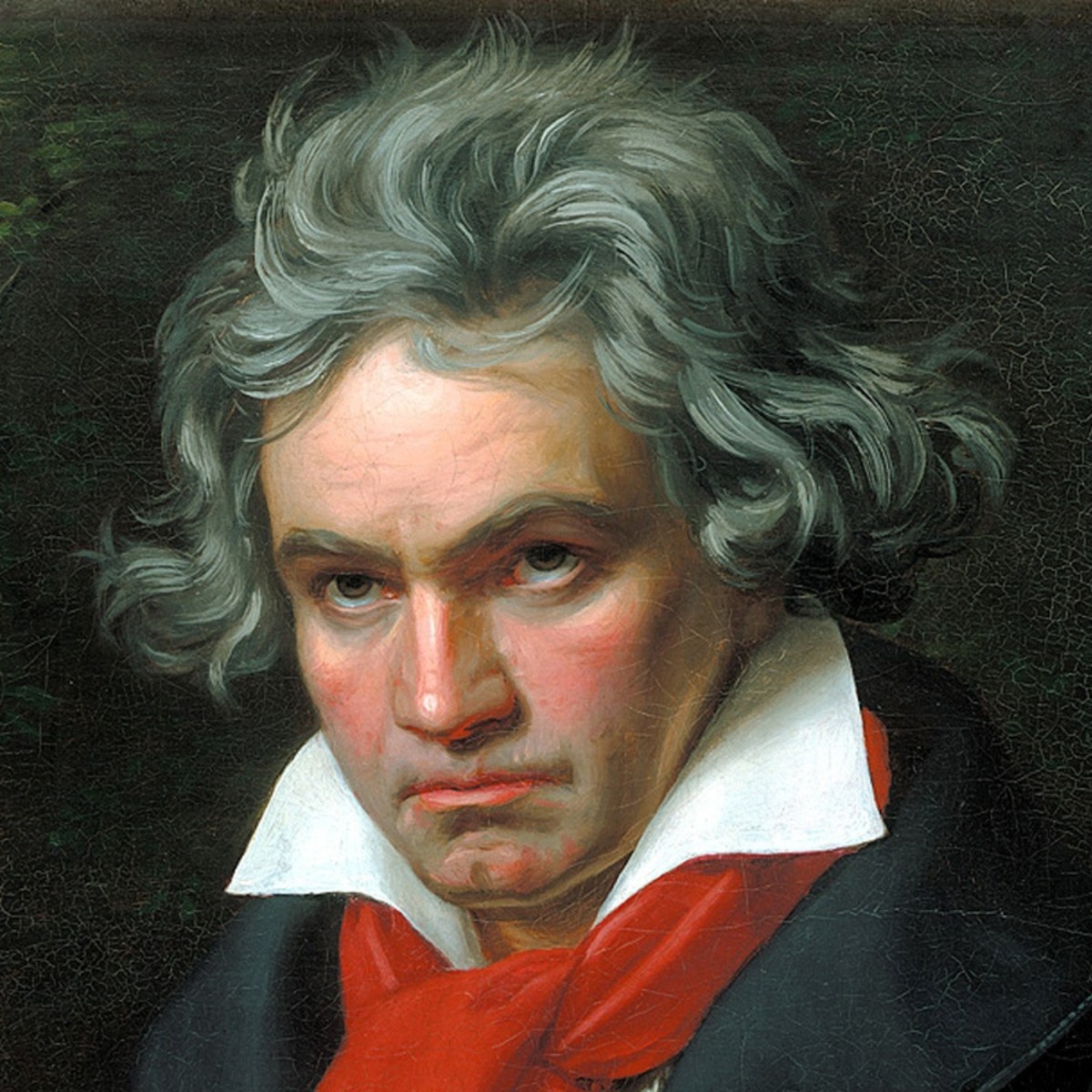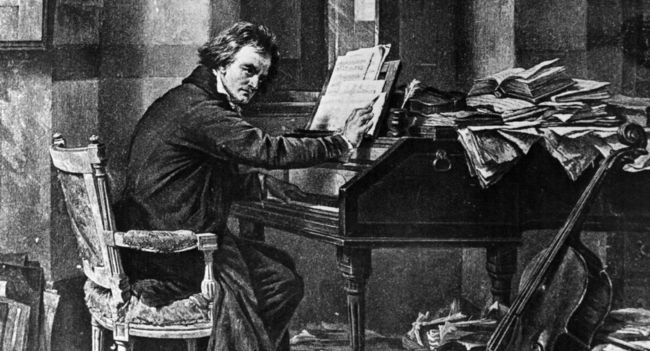Ludwig van Beethoven is one of the most revered and beloved composers in the history of western classical music.
His music has touched the hearts and souls of countless people, and his legacy continues to inspire and influence musicians and music lovers to this day. In this article, we will explore Beethoven’s life and work in more detail, delving into his early years, his development as a composer, his struggles with deafness, and his enduring impact on the world of music.
Early years
Beethoven was born on December 16 or 17, 1770, in the city of Bonn, Germany. He was baptized the day after his birth, and his parents, Johann van Beethoven and Maria Magdalena Keverich, went on to have two more sons, both of whom died in infancy. Beethoven’s father was a court musician, and he recognized his son’s musical talent at an early age. Beethoven received his first music lessons from his father, and he quickly proved to be a prodigy on the piano and the violin.
Beethoven’s father was a strict taskmaster, and he was known to be abusive towards his son. He often made young Beethoven practice for hours on end, and he would beat him if he made mistakes. Despite this harsh treatment, Beethoven’s love of music never waned, and he continued to excel as a musician.
In 1787, when Beethoven was just 17 years old, he traveled to Vienna, the musical capital of Europe, in the hopes of studying with the renowned composer Wolfgang Amadeus Mozart. Unfortunately, Beethoven’s plans were thwarted when his mother became ill, and he was forced to return home to Bonn. However, his time in Vienna had left a lasting impression on him, and he vowed to return one day to pursue his musical dreams.
Tones sound, and roar and storm about me until I have set them down in notes.
Ludwig van Beethoven
Development as a composer

In 1792, Beethoven moved to Vienna permanently, determined to make a name for himself as a composer. He quickly established himself as a talented pianist and composer, and he began to attract the attention of wealthy patrons who were eager to support his work.
Beethoven’s early compositions were heavily influenced by the classical style of his predecessors, such as Mozart and Haydn. However, he soon began to experiment with new forms and structures, incorporating more emotional intensity and complexity into his music. His breakthrough came in 1801, when he completed his Symphony No. 1, which marked the beginning of his mature style.
Over the next decade, Beethoven composed some of his most famous works, including his Moonlight Sonata, his Fifth Symphony, and his Emperor Concerto. His music was characterized by its emotional depth, technical complexity, and innovative use of form and structure.
Struggles with deafness
In 1802, at the age of 32, Beethoven began to experience hearing loss. Initially, he tried to conceal his condition from the public, fearing that it would harm his reputation as a musician. However, as his deafness worsened, he was forced to withdraw from public performances, and he began to focus more on composition.
Despite his debilitating condition, Beethoven continued to create some of his most significant works during this period, including his Ninth Symphony, which features the famous choral finale, “Ode to Joy.” This symphony is widely regarded as one of the greatest works of classical music ever written, and it is a testament to Beethoven’s indomitable spirit and unwavering dedication to his art.
Beethoven’s deafness also had a profound impact on his personal life. He became increasingly isolated and irritable, and he had difficulty communicating with others. However, he continued to maintain close relationships with a small circle of friends and supporters, who recognized his genius and remained loyal to him despite his struggles.
Music is a higher revelation than all wisdom and philosophy
Ludwig van Beethoven
Legacy and impact

Beethoven’s impact on the world of music cannot be overstated. He is often regarded as the bridge between the classical and romantic periods of music, and his innovations in form and structure laid the groundwork for the development of modern music. His influence can be seen in the works of countless composers who came after him, from Brahms and Wagner to Mahler and Shostakovich.
In addition to his musical contributions, Beethoven was also a trailblazer in the field of deaf advocacy. He was one of the first public figures to speak openly about his hearing loss, and he refused to let it define him or limit his artistic output. He also advocated for the rights of deaf people, and he worked to dispel the negative stereotypes and misconceptions that surrounded deafness at the time.
Beethoven’s personal life was also marked by tragedy and struggle. He never married or had children, and he was plagued by poor health and financial difficulties throughout his life. However, his music remains a testament to the power of the human spirit, and it continues to inspire and move people around the world.
To make it clear
Ludwig van Beethoven was a musical genius whose contributions to the world of music continue to be felt to this day. His early struggles with an abusive father and his later struggles with deafness were offset by his incredible talent and his unwavering dedication to his art. His music remains a testament to the power of the human spirit and a reminder of the transcendent nature of great art. Beethoven’s legacy is a testament to the enduring power of creativity and the impact that one person can have on the world.
